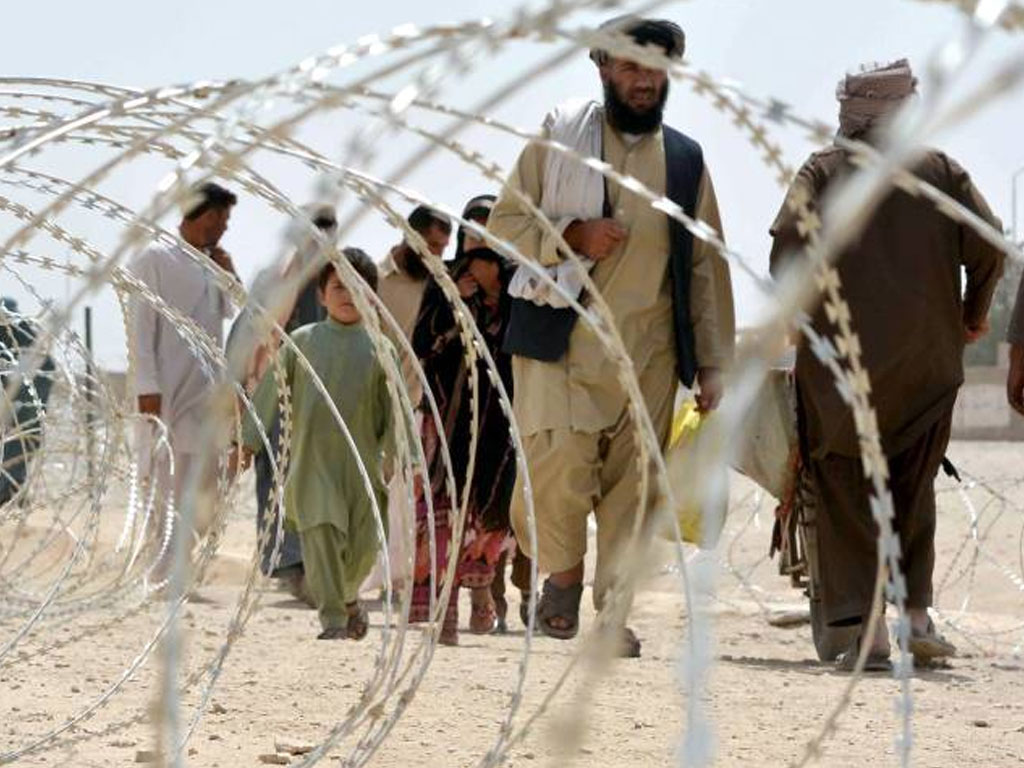FATA uplift

The Pakistan Tehreek-i-Insaaf (PTI) government has revealed its ambitious plans to implement the merger of erstwhile FATA with Khyber Pakhtunkhwa (KP) that was announced last year and initiate development to help the tribal areas to catch up with the rest of the country. Towards this end, Prime Minister (PM) Imran Khan has announced on March 18, 2019 that the government intended to hold a three-week consultative process with the residents of the tribal areas on the plan to spend Rs 100 billion per annum for the next 10 years on the development of the seven tribal agencies that have been redesignated districts. The PM said the consultative process would be initiated from Bajaur, where he had addressed a public meeting last week. Explicating the government's plans further, Special Assistant to the PM on Media, Iftikhar Durrani said, development work had already been initiated in the health, education, infrastructure, communication, law and order, security and tourism sectors. The consultations, he explained, were aimed at keeping the locals on board so that development activities in their areas could be carried out according to their needs and wishes. Meetings would be held with local jirgas in which KP government representatives would also be involved. He underlined the PM's concern about former FATA's mainstreaming, as this was a top priority of the PTI government, so much so that he himself monitored the area's development programme on a regular basis. Outlining some of the ongoing projects in the area, Durrani said police were replacing the Levies, police stations were being built and jobs given to locals in the police. Courts were also being established. Buildings for schools were being built and hospitals established in rented buildings. Mobile phone services had been provided in South Waziristan and would be next provided in Bajaur. It may be noted that this has only become possible since the area, troubled by terrorism for many years, was now peaceful after the military's counter-insurgency campaigns since 2015. PM Imran Khan, according to Durrani, had vowed to streamline and improve the Afghan transit trade in the tribal districts for which necessary work would be completed. During his visit to Bajaur, the PM had expressed his desire to extend tourist facilities to the area so that local and foreign tourists could enjoy its beauty. Directives to this effect had been given to the KP government. Following the merger, the seven tribal agencies have been given the status of districts with political and assistant political agents being redesignated as deputy and assistant commissioners. The jurisdiction of the Supreme Court and Peshawar High Court (PHC) has already been extended to the tribal areas and the PHC is setting up district and sessions courts in each of the new districts. This process is expected to be completed in 2-4 months. The FATA Interim Governance Regulations 2018 will for the time being continue to operate in place of the old colonial black law, the Frontier Crimes Regulations (FCR).
While the intent of the government to bring the new tribal districts in conformity with the system in the rest of the country and help its development to catch up with the settled areas is laudable, some ticklish questions remain. First and foremost, given the parlous state of the country's finances, where will the resources for spending Rs 100 billion a year for the next 10 years, i.e., Rs one trillion, come from? Will the infrastructure development plans be confined to building new roads and upgrading old ones or is there a proposal to extend the railways network to the tribal districts? While the idea of streamlining and improving the Afghan transit trade appears rational, how does the government intend to tackle the endemic smuggling regime that has taken advantage of a historically porous border for long? Certainly the tribal districts deserve all the help possible to overcome the drag of being kept aloof and backward deliberately by the colonial power and arguably successive governments after Independence too. Whatever were the strategic compulsions that seemed to suggest this was a good idea at the time, it is now incumbent on the government to make efforts towards negating this dark history.



















Comments
Comments are closed.